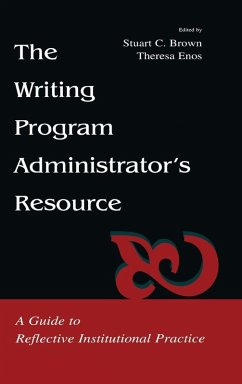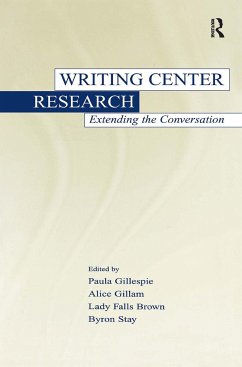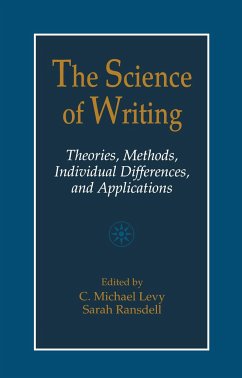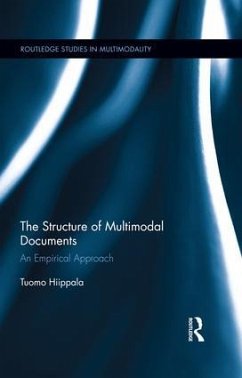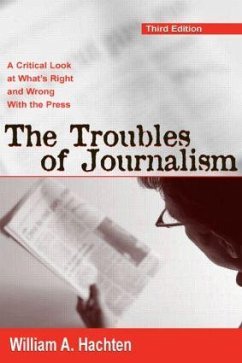
The Writing Center Director's Resource Book

PAYBACK Punkte
108 °P sammeln!
"The Writing Center Director's Resource Book" has been developed to serve as a guide to writing center professionals in carrying out their various roles, duties, and responsibilities. It is a resource for those whose jobs not only encompass a wide range of tasks but also require a broad knowledge of multiple issues. The volume provides information on the most significant areas of writing center work that writing center professionals--both new and seasoned--are likely to encounter. It is structured for use in diverse institutional settings, providing both current knowledge as well as case studies of specific settings that represent the types of challenges and possible outcomes writing center professionals may experience. This blend of theory with actual practice provides a multi-dimensional view of writing center work. In the end, this book serves not only as a resource but also as a guide to future directions for the writing center, which will continue to evolve in response to a myriad of new challenges that will lie ahead.
For writing center directors and writing faculty, this reference offers practical, real-world content on writing centers & explores issues encountered by writing center directors at macro and micro levels.





